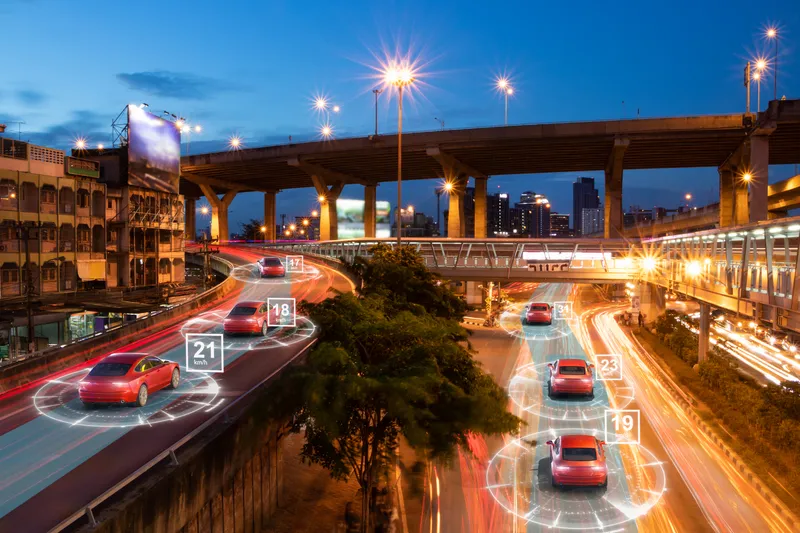The European Commission has adopted a series of rules for road hauliers and road passenger transport operators. They include a common classification of serious road safety infringements under transport legislation, as well as new specifications for smart tachographs (the device that records driving times of lorry, bus and coach drivers) making the best use of new digital technologies such as Galileo. The objective is to enhance road safety, contribute to a fairer competition between road transport operators
March 21, 2016
Read time: 3 mins
The European Commission has adopted a series of rules for road hauliers and road passenger transport operators. They include a common classification of serious road safety infringements under transport legislation, as well as new specifications for smart tachographs (the device that records driving times of lorry, bus and coach drivers) making the best use of new digital technologies such as Galileo. The objective is to enhance road safety, contribute to a fairer competition between road transport operators and to facilitate a consistent enforcement of EU rules across borders.
The common classification will reduce differences in the way Member States deal with the same infringements and will provide incentives for better compliance with EU rules, contributing to enhancing road safety and ensuring fair business and working conditions. It will also contribute to improving effectiveness of cross-border enforcement as Member States are obliged to exchange the information on serious and very serious infringements through the electronic European Register of Road Transport Undertakings (ERRU) system. Member States are obliged to transpose this common classification by 1 January 2017.
The Commission believes the new smart tachographs will be an important step forward towards more effective enforcement of road transport legislation, as the new specification for the devices makes full use of advanced digital technologies such as the Galileo and EGNOS satellite positioning systems. It will transmit its data directly to road controllers when the vehicle is moving, avoiding unnecessary stops for the hauliers and making the controller's job more efficient. It will be connected with other telematics applications, such as smart parking or pay as you drive apps, through a harmonised intelligent transport system interface. Start and final location of journeys will be automatically recorded.
EU Commissioner for Transport Violeta Bulc said: "I want fair competition on Europe's roads and I want roads to be as safe as they can possibly be. The common classification of serious infringements is an important step towards better enforcement and better compliance with the rules in force. It is crucial for ensuring that drivers and operators are treated equally across the EU. The new generation of smart tachographs will offer new means to ensure better enforcement of driving and resting times, making fraud more difficult, whilst enhancing road safety and reducing the need for time-consuming road-side checks."
The common classification will reduce differences in the way Member States deal with the same infringements and will provide incentives for better compliance with EU rules, contributing to enhancing road safety and ensuring fair business and working conditions. It will also contribute to improving effectiveness of cross-border enforcement as Member States are obliged to exchange the information on serious and very serious infringements through the electronic European Register of Road Transport Undertakings (ERRU) system. Member States are obliged to transpose this common classification by 1 January 2017.
The Commission believes the new smart tachographs will be an important step forward towards more effective enforcement of road transport legislation, as the new specification for the devices makes full use of advanced digital technologies such as the Galileo and EGNOS satellite positioning systems. It will transmit its data directly to road controllers when the vehicle is moving, avoiding unnecessary stops for the hauliers and making the controller's job more efficient. It will be connected with other telematics applications, such as smart parking or pay as you drive apps, through a harmonised intelligent transport system interface. Start and final location of journeys will be automatically recorded.
EU Commissioner for Transport Violeta Bulc said: "I want fair competition on Europe's roads and I want roads to be as safe as they can possibly be. The common classification of serious infringements is an important step towards better enforcement and better compliance with the rules in force. It is crucial for ensuring that drivers and operators are treated equally across the EU. The new generation of smart tachographs will offer new means to ensure better enforcement of driving and resting times, making fraud more difficult, whilst enhancing road safety and reducing the need for time-consuming road-side checks."







